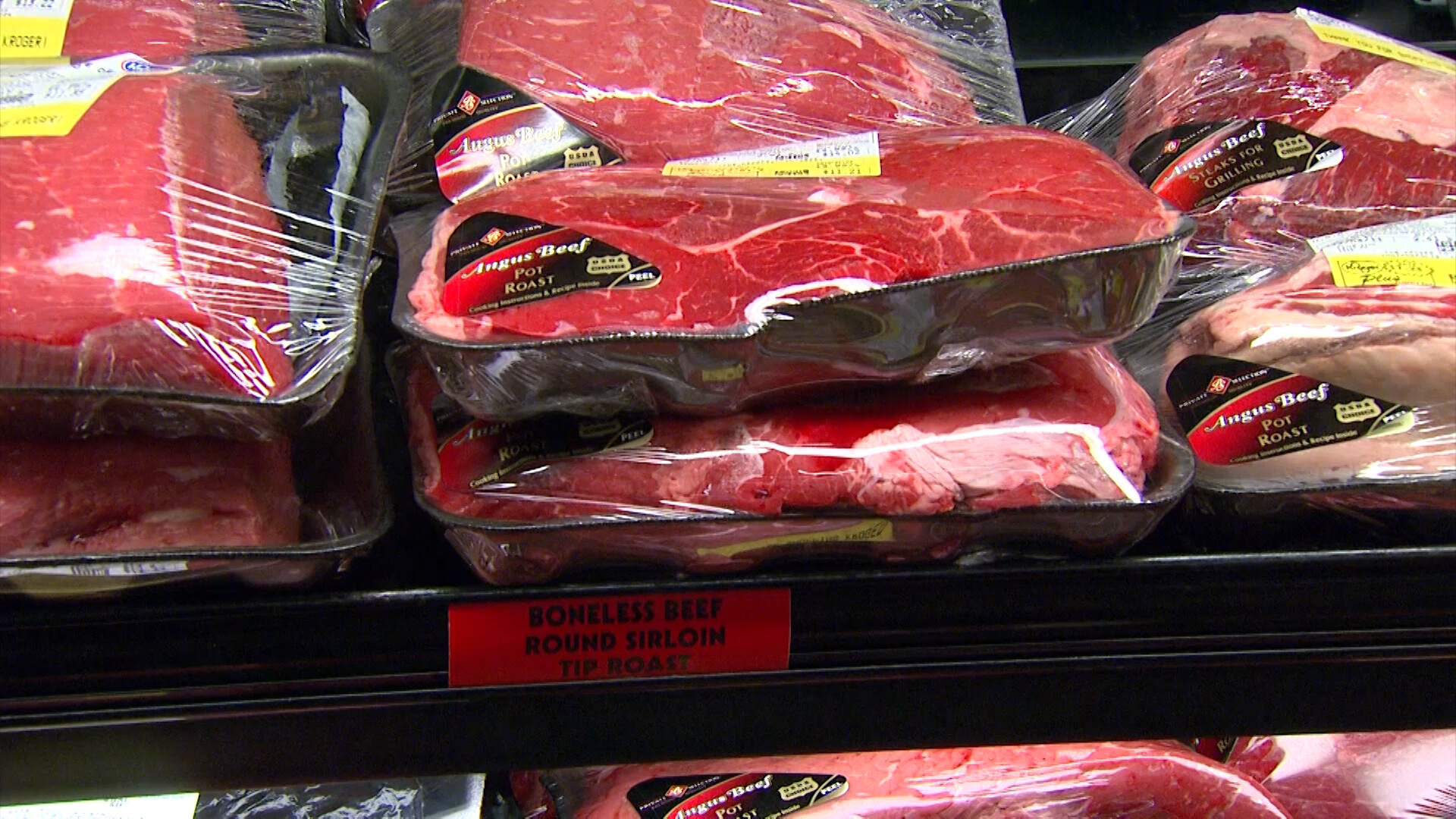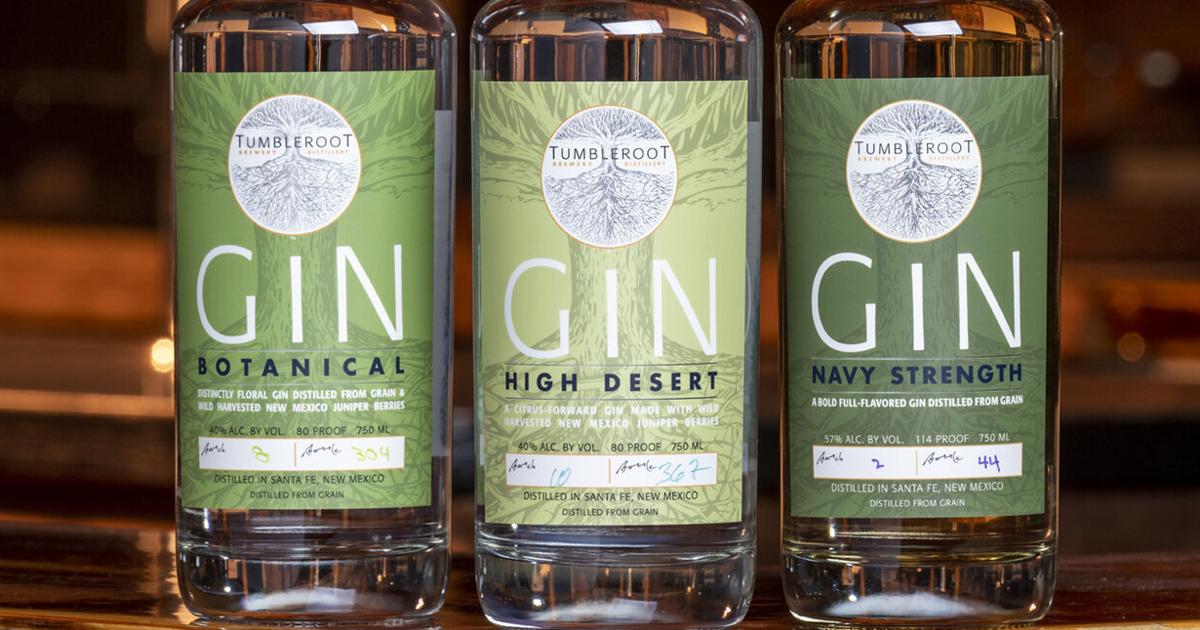Carnivore Culture: Why Americans Still Believe Meat Is Their Nutritional Superhero

Meat: A Cornerstone of American Dietary Choices
For many Americans, meat isn't just a food—it's a fundamental part of their cultural identity and approach to nutrition. Despite growing conversations about plant-based diets and health trends, a significant portion of the population continues to view meat as an essential component of a balanced and satisfying diet.
Recent surveys reveal that most Americans perceive meat consumption as more than just a meal choice; it's deeply connected to their sense of wellness and lifestyle. Many believe that protein-rich meats contribute to muscle strength, energy levels, and overall physical performance. This perspective is particularly strong among fitness enthusiasts and those committed to active lifestyles.
Cultural traditions also play a substantial role in meat's enduring popularity. From backyard barbecues to holiday gatherings, meat-centered meals represent more than nutrition—they symbolize community, celebration, and shared experiences. Grilling steaks, roasting turkeys, and preparing classic meat dishes are rituals that connect generations and reinforce social bonds.
While nutritional debates continue about meat's health implications, many Americans remain confident in its dietary benefits. They view high-quality, lean meats as a natural source of essential nutrients like protein, iron, and vitamin B12, believing these contribute to maintaining robust health and vitality.
The meat industry has also adapted, offering more diverse and health-conscious options. From grass-fed beef to organic chicken, consumers now have access to products that align with growing wellness awareness, further solidifying meat's place in the American diet.








